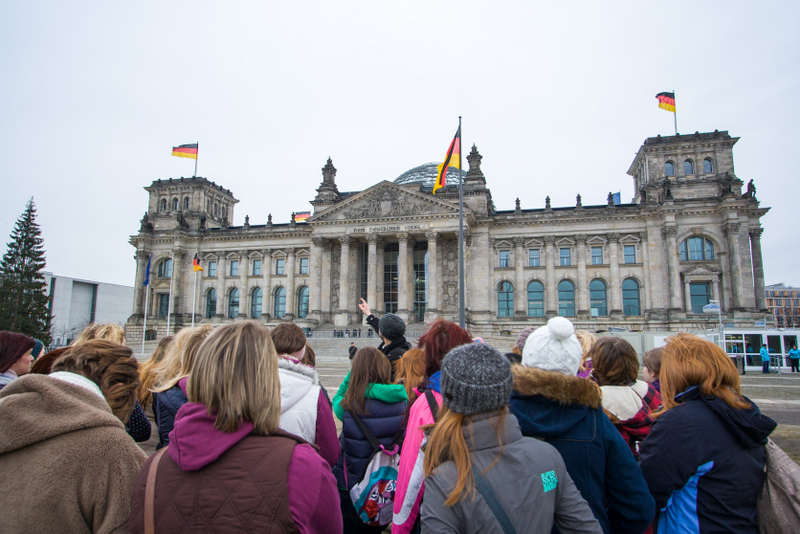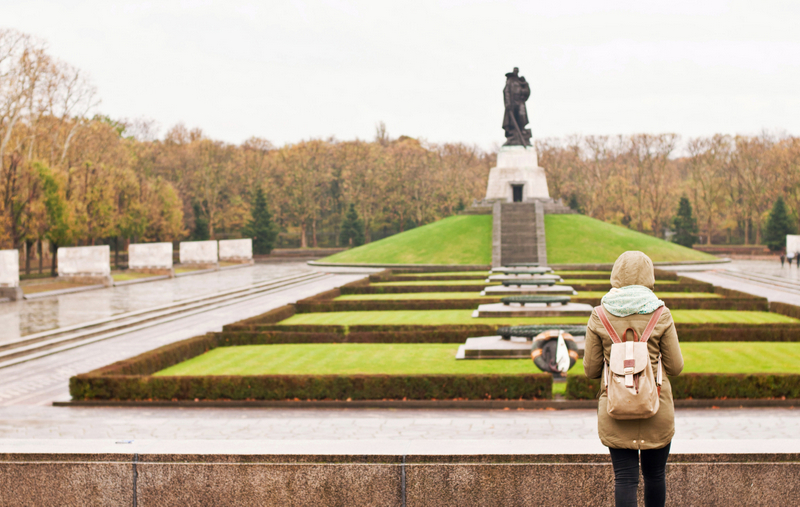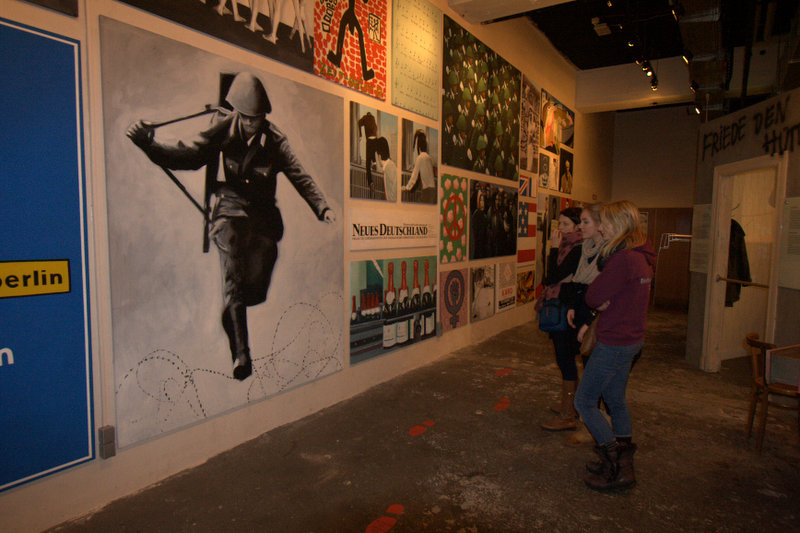
If I was just leaving university and looking for a new adventure, I’d head to Berlin. I’d skip London this time and instead visit one of the freshest, most exciting and engrossing cities in Europe. For a historian, it has all the things you need – museums, sites, memorials, architecture and controversy.
The history of Berlin is all around you, edging for space with the new developments that are indicators of a capital city trying to balance heritage with the future. Yet Berlin is one of the younger capital cities. The lack of a unified Germany for centuries meant that regionalism was dominant in parts of central Europe, and Berlin was unimportant compared to the other key cities of Krakow, Vienna, Budapest and Paris.
Despite the late start, Berlin developed at speed, echoing the rise of German identity and nationalism. The streets, buildings and memorials all tell the story of German history and the impact that history has had on the neighbouring countries.

With the assistance of a guide or itinerary support, a visit to Berlin can cover many areas of the history curriculum and support and connect different themes. By understanding the content of the exam boards and curriculums, alongside an in-depth knowledge of this exciting city, a visit here can draw out any number of historic themes.
A visit can investigate German imperial history; present an alternative interpretation of the First World War; reveal and remember the horrors of the Nazi period; bring to life the conflict and battles of the Second World War; expose the realities of the Cold War; and discuss what the future of a united and open Europe might mean.

Alongside all of this history is the freshness of a capital city that is reintroducing cosmopolitanism, urging its citizens and guests to embrace the past while looking forward to the new. Wilhelm II wanted to make Berlin the centre of Europe. Adolf Hitler wanted to subdue it and bend its character to his will. Whoever is in charge, the city remains a place of fascination and illumination – well, it does for a historian and anyone interested in the drivers of European culture.
If I did run away to Berlin, I might not stay – but I wouldn’t run out of history to challenge and fascinate. I won’t be going to Berlin and seeking an adventure, but I do enjoy helping young people and educators see how a city can excite, fascinate and warn you all through its relationship with the past and its push towards the future.